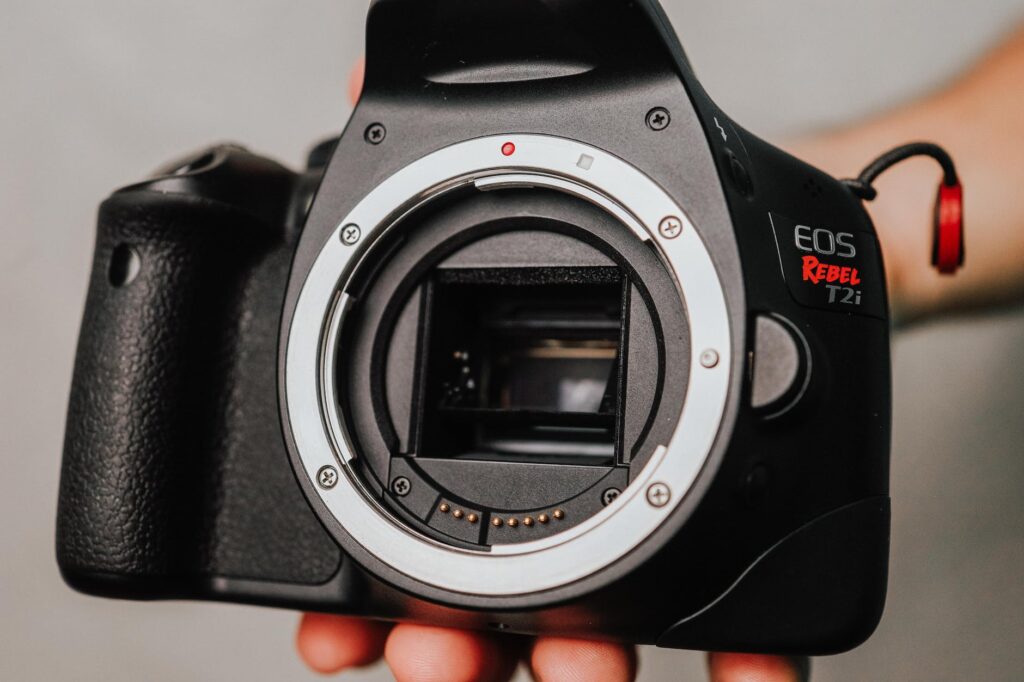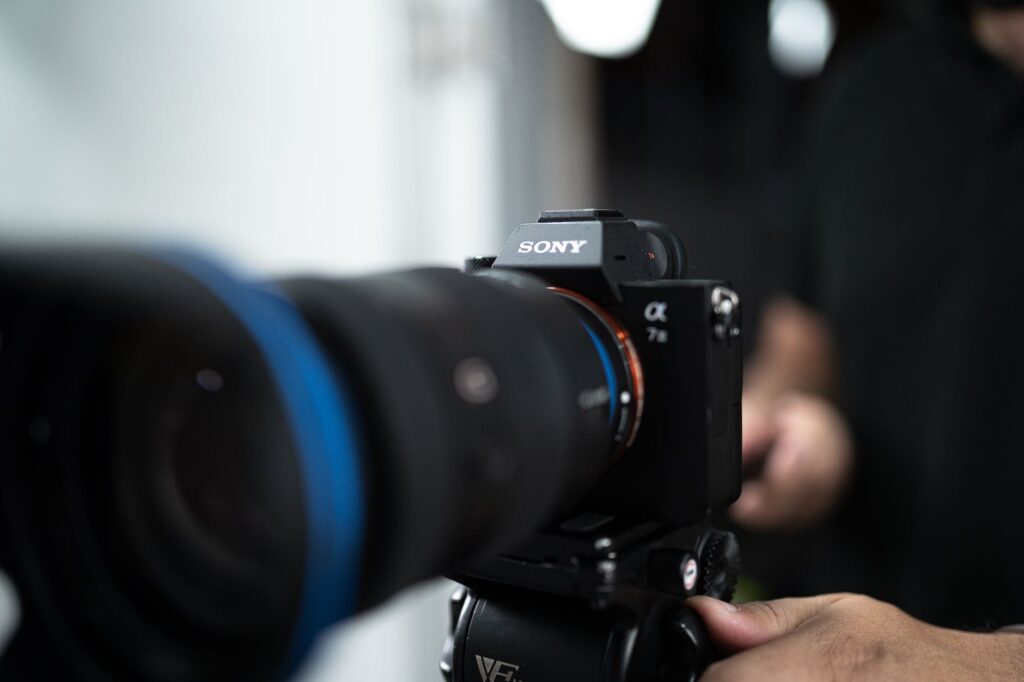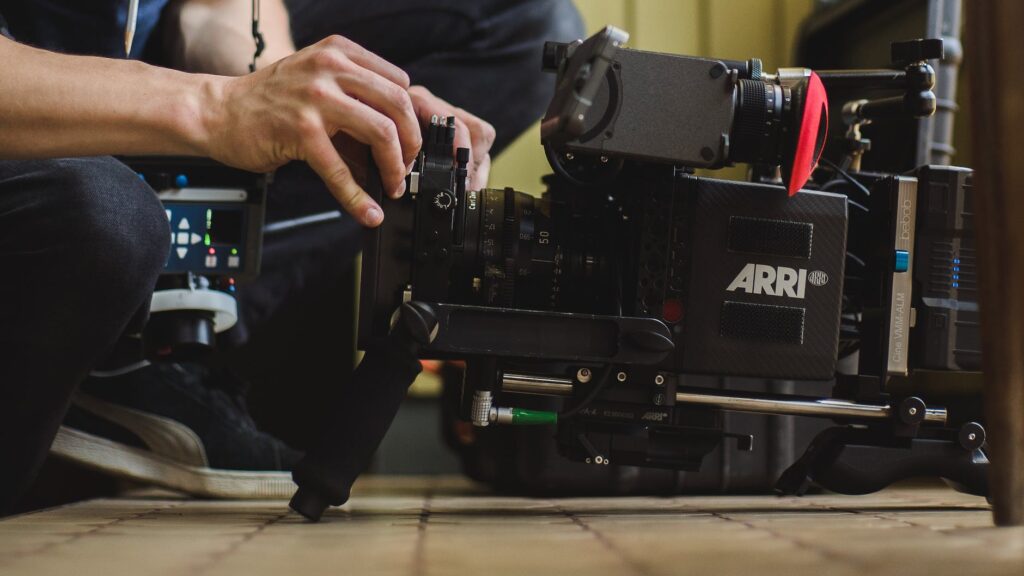Are you an independent filmmaker looking to take your cinematography to the next level? The right camera can make all the difference when it comes to capturing stunning visuals and creating a cinematic experience for your audience.
But with so many options out there, how do you know which one to choose? Fear not, because we’ve got you covered. In this comprehensive guide, we’ll take a deep dive into the best cameras for independent film cinematography.
From mirrorless to cinema cameras, we’ll explore the features, pros, and cons of each option to help you make an informed decision. So whether you’re a seasoned filmmaker or just starting out, read on to discover the perfect camera to bring your vision to life on the big screen.
Factors to consider when choosing a camera for independent film cinematography
Before we dive into the best cameras for independent film cinematography, let’s take a look at some of the factors you should consider when making your decision.
First and foremost, you’ll want to think about your budget. Cameras can range from a few hundred dollars to tens of thousands of dollars, so it’s important to figure out how much you’re willing to spend before you start your search.
Next, consider the type of projects you’ll be working on. If you’ll be shooting mostly outdoors, you’ll want a camera that can handle different lighting conditions. If you’ll be shooting in tight spaces or on the move, you’ll want something small and lightweight.
Finally, think about the features you’ll need. Do you need a camera with 4K resolution? Will you be shooting in slow motion? Do you need a camera with built-in image stabilization? Make a list of the features that are important to you so you can compare different cameras and find the perfect one for your needs.
Cameras for beginner independent filmmakers

If you’re just starting out in independent filmmaking, you don’t necessarily need to break the bank on an expensive camera. There are plenty of budget-friendly options that can still produce high-quality results.
One great option is the Canon EOS Rebel T7i. This DSLR camera is easy to use and has a user-friendly interface that’s perfect for beginners. It also has a 24.2-megapixel sensor, which means you’ll be able to capture high-resolution images and videos. Plus, it’s relatively affordable, with a price tag of around $750.
Another option for beginners is the Panasonic Lumix GH5. This mirrorless camera is known for its excellent video quality and image stabilization. It also has a flip-out touchscreen, which makes it easy to shoot from different angles. The GH5 is pricier than the Canon Rebel T7i, with a price tag of around $1,400, but it’s still relatively affordable compared to some of the high-end cameras on the market.
For those who want a cinema camera that won’t break the bank, the Blackmagic Pocket Cinema Camera 4K is a great option. This camera has a Micro Four Thirds sensor and can shoot 4K video at up to 60 frames per second. It also has built-in image stabilization and a large 5-inch touchscreen display. At a price point of around $1,300, it’s an affordable way to get into the world of cinema cameras.
Mid-range cameras for independent film cinematography

If you’re looking for something a step up from entry-level cameras, there are plenty of mid-range options that offer more advanced features and higher-quality output.
The Sony A7 III is a popular choice among independent filmmakers. This mirrorless camera has a full-frame sensor and can shoot 4K video at up to 30 frames per second. It also has built-in image stabilization and a long battery life. The A7 III is priced at around $2,000, making it a great option for those who want more advanced features without breaking the bank.
Another mid-range option is the Canon EOS C200. This cinema camera has a Super 35mm sensor and can shoot 4K video at up to 60 frames per second. It also has built-in ND filters, which allow you to shoot in bright sunlight without overexposing your footage. The C200 is priced at around $7,500, which is still relatively affordable compared to some of the higher-end cinema cameras on the market.
High-end cameras for independent film cinematography

For those who are willing to spend top dollar for the best possible quality, there are plenty of high-end cameras that offer unmatched performance and features.
One of the most popular high-end cinema cameras is the ARRI Alexa Mini. This camera is known for its incredible image quality and dynamic range, which allows you to capture stunning visuals in any lighting condition. It can shoot in 4K resolution and has a wide range of frame rate options. The Alexa Mini is priced at around $45,000, which puts it out of reach for most independent filmmakers, but it’s still the gold standard when it comes to high-end cinema cameras.
Another high-end option is the RED DSMC2 Dragon-X. This cinema camera has a Super 35mm sensor and can shoot in 5K resolution at up to 96 frames per second. It also has a modular design, which allows you to customize it to your specific needs. The Dragon-X is priced at around $19,000, which is still quite expensive, but it’s more affordable than some of the other high-end options on the market.
Best DSLR cameras for independent film cinematography
DSLR cameras have long been a popular choice among independent filmmakers, thanks to their affordability and versatility. Here are some of the best DSLR options for independent film cinematography.
The Canon EOS 5D Mark IV is a powerful DSLR camera that’s perfect for independent filmmakers. It has a full-frame sensor and can shoot in 4K resolution at up to 30 frames per second. It also has built-in image stabilization and a touchscreen display. The 5D Mark IV is priced at around $2,500, making it a great mid-range option.
Another great option is the Nikon D850. This DSLR camera has a 45.7-megapixel sensor and can shoot in 4K resolution at up to 30 frames per second. It also has a tilting touchscreen display and built-in image stabilization. The D850 is priced at around $3,300, making it a slightly more expensive option than the Canon 5D Mark IV, but it’s still a great choice for independent filmmakers.
Best mirrorless cameras for independent film cinematography
Mirrorless cameras have become increasingly popular among independent filmmakers in recent years, thanks to their compact size and high-quality output. Here are some of the best mirrorless cameras for independent film cinematography.
The Sony A7S II is a popular choice among independent filmmakers. This mirrorless camera has a full-frame sensor and can shoot in 4K resolution at up to 30 frames per second. It also has incredible low-light performance, making it a great option for shooting in dark environments. The A7S II is priced at around $2,400, making it a mid-range option that’s still relatively affordable.
Another great option is the Panasonic Lumix S1H. This mirrorless camera has a full-frame sensor and can shoot in 6K resolution at up to 24 frames per second. It also has built-in image stabilization and a flip-out touchscreen display. The S1H is priced at around $4,000, making it a more expensive option, but it’s still a great choice for those who want the best possible quality.
Best cinema cameras for independent film cinematography
For those who want the best possible quality and performance, cinema cameras are the way to go. Here are some of the best cinema cameras for independent film cinematography.
The Canon EOS C300 Mark II is a powerful cinema camera that’s perfect for independent filmmakers. It has a Super 35mm sensor and can shoot in 4K resolution at up to 30 frames per second. It also has built-in ND filters and a modular design that allows you to customize it to your specific needs. The C300 Mark II is priced at around $9,000, making it a high-end option, but it’s still more affordable than some of the other cinema cameras on the market.
Another great option is the Sony FS7 II. This cinema camera has a Super 35mm sensor and can shoot in 4K resolution at up to 60 frames per second. It also has built-in image stabilization and a modular design that allows you to customize it to your specific needs. The FS7 II is priced at around $10,000, making it a high-end option that’s still relatively affordable compared to some of the other cinema cameras on the market.
Accessories to enhance your independent film cinematography
Once you’ve chosen the perfect camera for your independent film cinematography, there are a few accessories you’ll want to consider to enhance your shooting experience.
First and foremost, you’ll want a good set of lenses. The right lenses can make all the difference when it comes to capturing stunning visuals. Look for lenses that are compatible with your camera and that offer the focal length and aperture you need for your specific project.
You’ll also want to invest in a good tripod. A stable platform is essential for capturing smooth, steady footage. Look for a tripod that’s sturdy and lightweight, so you can easily transport it to different shooting locations.
Finally, consider investing in a good microphone. The right microphone can help you capture clean, clear audio, which is essential for creating a cinematic experience for your audience. Look for a microphone that’s compatible with your camera and that offers the features you need for your specific project.
Conclusion
Choosing the right camera for independent film cinematography can be a daunting task, but with the right information, you can make an informed decision that will help you capture stunning visuals and create a cinematic experience for your audience. Whether you’re a beginner or a seasoned filmmaker, there’s a camera out there that’s perfect for your needs. So take the time to do your research, consider your budget and your specific project needs, and choose the camera that will help you bring your vision to life on the big screen.

Leave a Reply